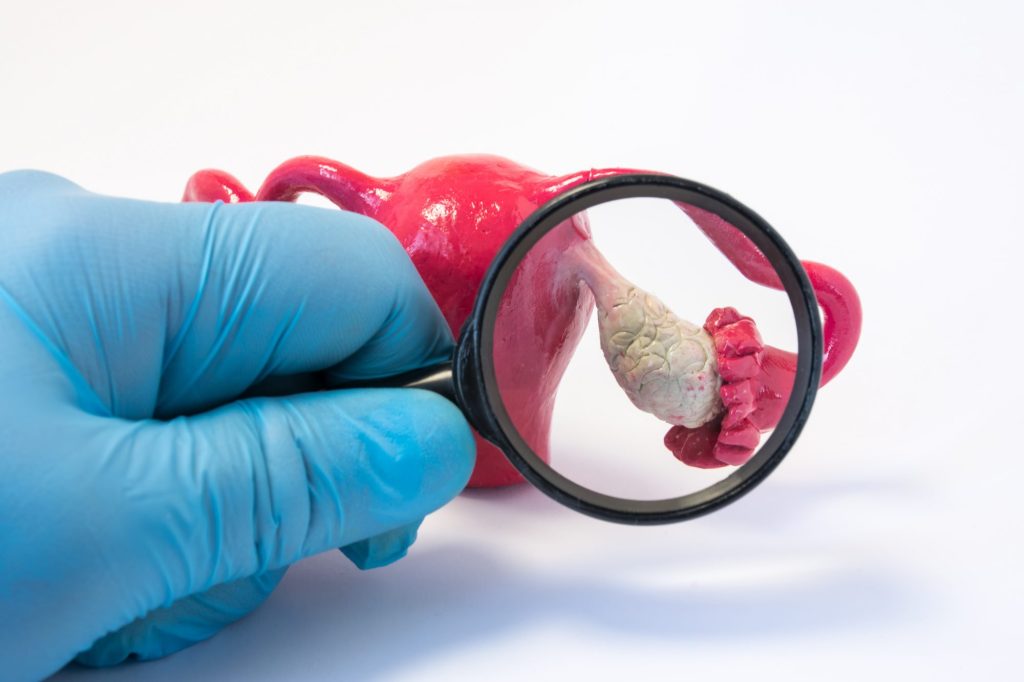
Diminishing Ovarian Reserve (DOR) | How Do You Fix It.
As women age, their ovaries gradually produce fewer eggs. Diminishing ovarian reserve (DOR) is a term used to describe this natural process.
Although the exact cause of DOR is unknown, there are certain factors that may increase a woman’s risk of developing it.
Fortunately, there are treatments available that can help improve fertility in women with DOR.
Here we will explore what this condition is, its symptoms and possible treatments. So grab a cup of tea and let’s get started!
Describing Diminishing Ovarian Reserve (DOR)
Diminishing Ovarian Reserve (DOR) is a condition where the quality and quantity of eggs in the ovaries decline, leading to decreased fertility. It can happen to women of all ages, but it is more common in women over 35.
There are many factors that can contribute to DOR such as genetics, endometriosis, lifestyle choices and previous medical treatments.
DOR Diagnosis
Diagnosis of DOR should always be done in consultation with a fertility specialist who can assess all the factors and determine the best course of action based on an individual’s specific situation.
DOR can be difficult to diagnosis, as there are often no symptoms. However, it can be detected through blood tests or ultrasounds.
With early diagnosis and treatment, Diminishing Ovarian Reserve does not have to be a permanent condition.
Can Low Ovarian Reserve Be treated?
There is no single treatment for Diminishing Ovarian Reserve.
For women with Diminishing Ovarian Reserve who are trying to conceive naturally or through assisted reproductive technology (such as in vitro fertilization (IVF)), hormone therapy and medications can be used to stimulate egg production.
In some cases, lifestyle changes such as reducing stress levels and improving diet can help improve Diminishing Ovarian Reserve symptoms.
Additionally, research has shown that acupuncture can also potentially improve ovarian reserves by increasing blood flow to the ovaries and increasing reproductive hormones like FSH and LH.
Fertility Diet For Women With DOR
There is no single “diminishing ovarian reserve diet.” However, some experts recommend that women with LOR or DOR eat a diet rich in antioxidants, omega-3 fatty acids, and folate.
Common foods that are recommended for women with DOR include dark leafy greens, whole grains, and fatty fish. These foods are all thought to be high in nutrients that are essential for fertility.
These nutrients are thought to support reproductive health and egg quality. In addition, maintaining a healthy body weight is important for women with LOR or DOR, as obesity can contribute to decreased fertility.
While there is no guarantee that a DOR diet will lead to pregnancy, it is certainly worth a try for couples who are hoping to conceive.
Consultation Is Key
For those who have been diagnosed with Diminishing Ovarian Reserve, it is important to discuss the options available with a fertility specialist.
No one should feel like they have to face DOR alone. There are many options available for those who are struggling with DOR.
With the right combination of lifestyle changes, medications, hormone therapy and/or assisted reproductive technologies such as IVF, it may be possible to successfully conceive despite Diminishing Ovarian Reserve.
It is never too late to take action and optimize your fertility potential. If you would like more information or support, please reach out to us.
We are here to help!

Leave a Reply
You must be logged in to post a comment.